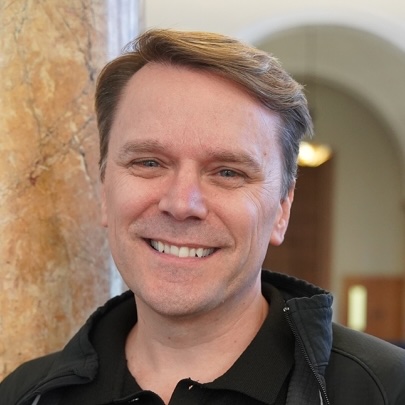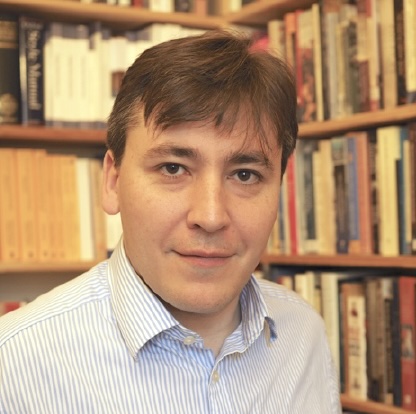Course Offerings & Presenters
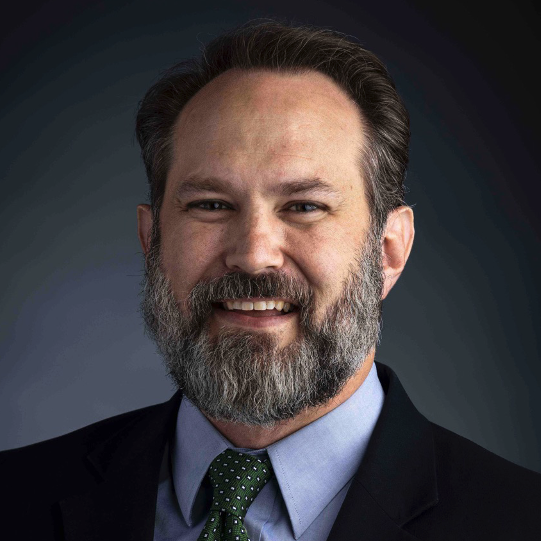
The familiar self-evident truths of the Declaration of Independence have been at the center of most major expansions of rights and suffrage in American history. This session will examine how those seeking to expand the definition of citizenship and the enjoyment of equal rights have employed the language of the Declaration in their efforts.
The Electoral College is a unique institution created by the Framers of the Constitution to select the president in a unique federal system. Though created by the Framers in 1787, it has been altered substantially by amendment and changed dramatically by evolving state practices and the emergence of political parties in the American polity. This seminar examines key moments and contested elections in American history to understand how the Framers’ Electoral College evolved into the modern process for selecting a president.
When the United States declared its independence in 1776, slavery was legal in every state in the Union. By the time the Constitution was ratified a dozen years later, about half the states had abolished slavery or started the process of gradual emancipation. The resulting division between the American states would form the basis for recurrent constitutional debate and eventual disunion. This session will examine the relationship between slavery and the Constitution from its creation in 1787 to the adoption of the 13th Amendment in 1865.
The Supreme Court is commonly considered the final word on the constitutionality of state and federal laws in America. Looking to sources from the founding era to the present, this session explores why the court routinely occupies this position in American politics and why the court is sometimes not the final word on the Constitution.
This session is a peek behind the curtain of the nation’s highest court. The Supreme Court decides fewer than 100 cases every year, a small percentage of the total that litigants request for review. This session explores how the justices select which cases to hear, how litigants argue before the Court, and how justices render decisions and write opinions.
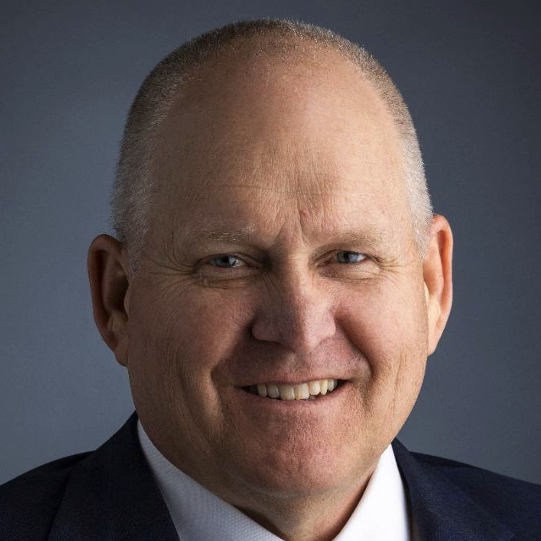
The sources of information today are varied and often conflicting, leading to claims of fake news, conspiracy theories, outright lies, and censorship. In such an environment, how do you work toward evidence-based conclusions or truth when possible? In this session, learn about the Auditing Standards Board’s (ASB) Audit Evidence Framework (AEF) and recent Public Company Accounting Oversight Board’s evidence-related guidance as valuable tools to help auditors and others evaluate information they might use to arrive at evidence-based conclusions in how they navigate media sources today.
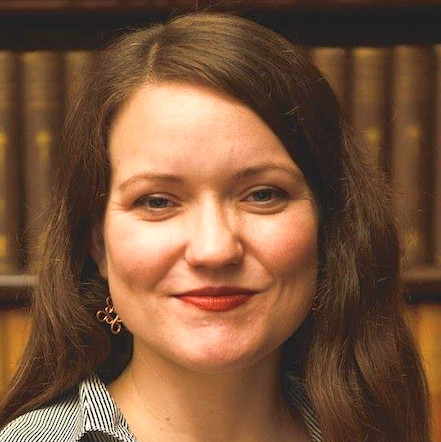
During the summer of 1787, delegates came to the Constitutional Convention in Philadelphia intensely worried about the future of the United States. The fragile new experiment in self-government appeared to be headed down the road to failure. The Founders knew there would be no United States unless they could find ways to accommodate one another across their differences. This session explores the ways the delegates at the Convention navigated their differences to create a constitution that united them. Participants can look at this historic moment as a model for how to civilly navigate differences today to keep our Union, differences included.
Everyone has the right of conscience. Everyone has the responsibility to protect that right for others, and everyone has the freedom to disagree respectfully. This 3Rs framework can guide citizens as they engage with others across differences, especially those informed by religion or worldview. In this session, participants will learn how to apply this framework to produce a peaceful public square, while remaining firmly committed to what they believe is right.
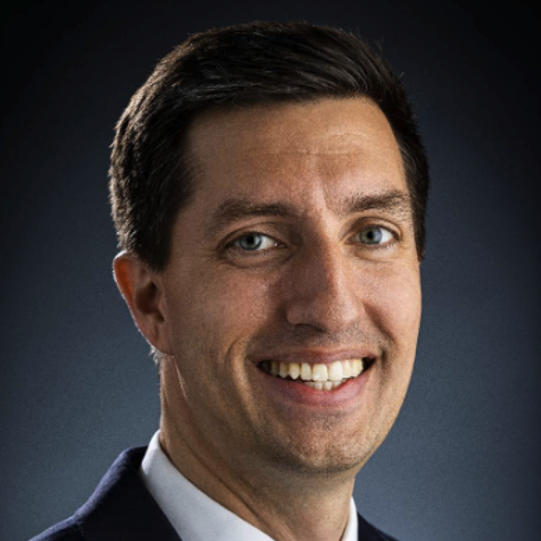
In framing the United States Constitution in 1787, America’s founders turned conventional wisdom on its head. They argued that a large, diverse republic with a plurality of groups and interests would be more stable—and more likely to secure the blessings of liberty—than a small, homogeneous republic. This course examines the claim that political pluralism is preferable to political monism and how this concept relates to our political culture today.
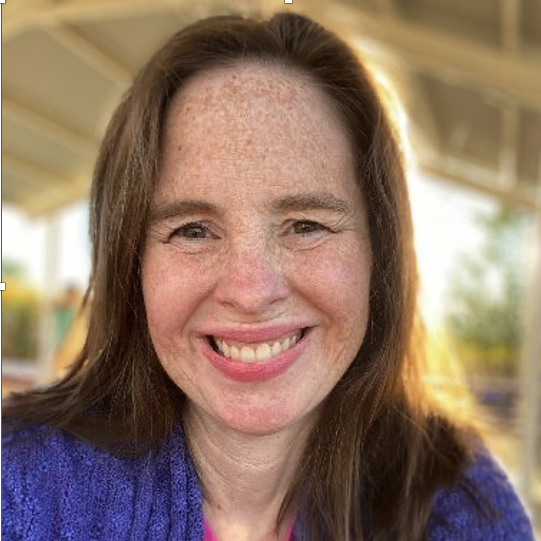
American women, though often overlooked in history, have contributed to the development of American political thought and the expansion of political access. Learn about the contributions of a few better- and lesser-known women and how they represented—and defied—the major political movements of their day.
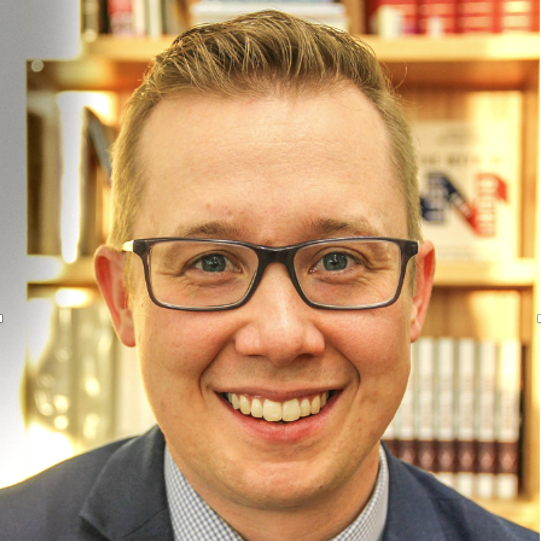
America’s divisions today are so deep that we can feel powerless to bring change. Yet in the greatest division America has ever faced—a brutal civil war—Abraham Lincoln prescribed civic charity as the proper balm to heal up the nation’s wounds. What is civic charity, how do we develop it, and why do we need it today? Together, we will explore these timely and important questions.
For nearly 200 years, political thinkers have warned that strong communities—from churches and schools to bowling leagues and Boy Scouts—are crucial for American democracy to survive. Over the last 50 years, however, Americans have been “bowling alone,” and respect for civic institutions is at an all-time low. Together we will explore the science of communities, why they matter, and what we can do about this decline.
What do real-estate developers, city planners, and policymakers have to do with friendships, crime, and political polarization? More than you think. In fact, the way we build our communities profoundly shapes our communities. Together, we'll explore how the way we build homes impacts how well we know our neighbors, how planting trees lowers crime, and how urban planning fosters (or discourages) the development of strong communities.
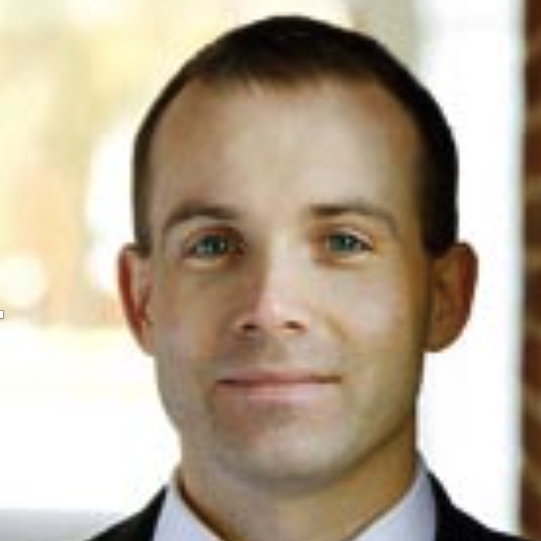
The relationship between free-market economics and moral values is a vexed one. Throughout history, some thinkers have stressed the incompatibility between market economies and traditional morals and virtues. Others have argued that economic freedom is essential to virtue, or at least compatible with a stable social and political order. This session looks at three rival views of market society, with the aim of deepening understanding of both the strengths and weaknesses of modern commercial society.
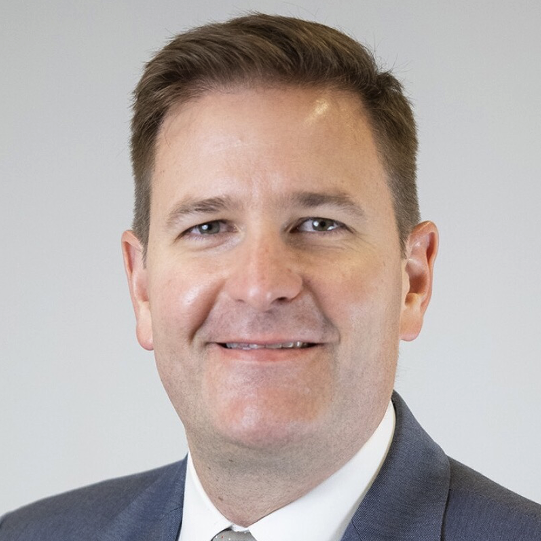
We bring our whole selves to work. Faith and worldviews are core to who we are and how we conduct business. Each employee contributes to a diverse work culture with various values and beliefs. This includes some employees who center their lives on religious faith and practice and those without religious affiliation. This session lays the framework for upholding the First Amendment’s protections for freedom of conscience as a way to constructively impact your company as a whole and employees as individuals.
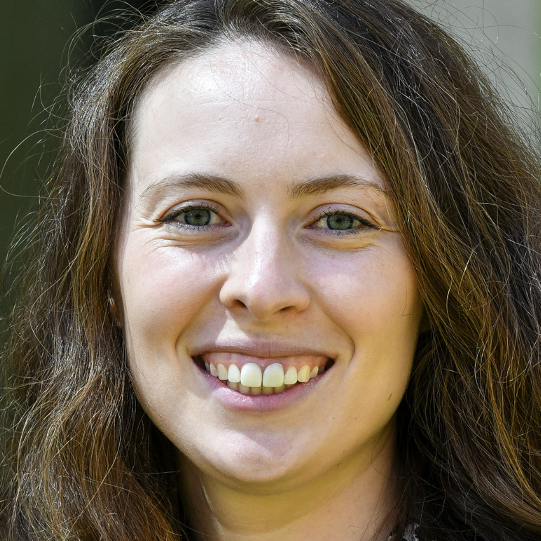
This session explores the origins of separation of powers and checks and balances in the American system and compares constitutional intentions with modern realities. Does the separation of powers system still function as intended? Does the system make sense in the modern age?
One of the most obvious examples of the breakdown of constitutional separation of powers and checks and balances is war powers. This session examines the emergence of executive dominance and the trend of congressional apathy in war and foreign policy.
What is the purpose of a bicameral system? Is there something more to it than simply slowing down legislation? This session examines the constitutional differences between the two chambers of Congress, their comparative historical development, and the modern realities of bicameralism.
